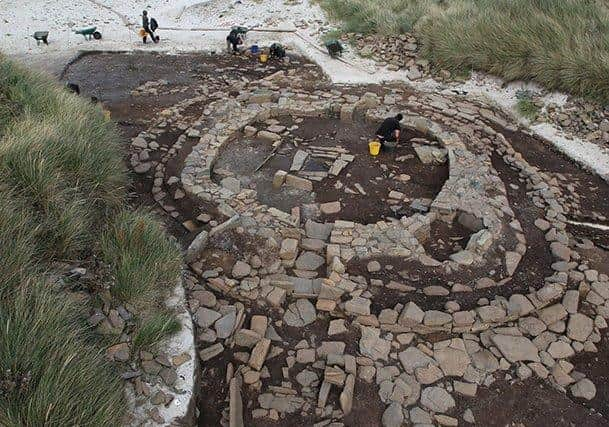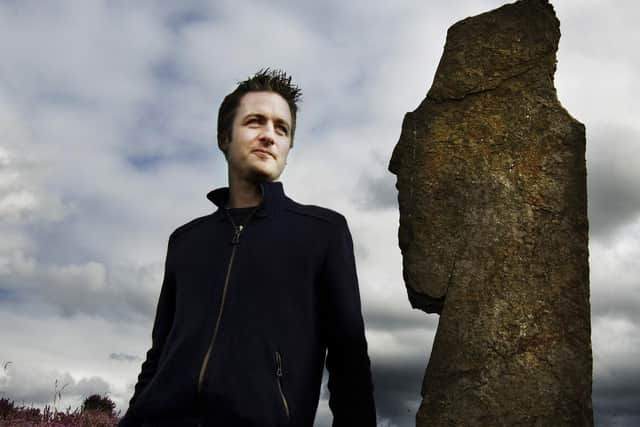Bronze Age women drove mass immigration wave for Orkney, research reveals
Genetic studies of ancient DNA from human remains found on the islands off the north coast of Scotland show an influx of predominantly women as Europe moved into the Bronze Age about 4,500 years ago.
Researchers say the new evidence, compiled by Edinburgh and Huddersfield universities, contradicts previous assumptions that Orkney was a relatively insular community after the Neolithic period.
Advertisement
Hide AdAdvertisement
Hide AdBut while most resettlements across Europe were typically led by men as livestock farming expanded, the opposite was the case in Orkney.


Bronze Age newcomers were mainly women, with survival in Orkney of male lineages from the original Neolithic population for at least another thousand years – a unique phenomenon that scientists have not seen anywhere else.
Archaeological and genetic researchers studied human remains from the Links of Noltland site on the remote northern island of Westray and have concluded Orkney experienced large-scale immigration during the early Bronze Age period.
They believe new arrivals were probably the first visitors to Orkney speaking Indo-European languages and they carried genetic ancestry derived in part from livestock farmers living on the steppe lands north of the Black Sea.
Jim Wilson, professor of human genetics at the University of Edinburgh’s Usher Institute, said: “It’s absolutely fascinating to discover that the dominant Orcadian Neolithic male genetic lineage persisted at least 1,000 years into the Bronze Age, despite replacement of 95 per cent of the rest of the genome by immigrating women.


“This lineage was then itself replaced and we have yet to find it in today’s population.”
The research suggests the long-term stability and self-sufficiency of farmsteads on Orkney, which the genetic data suggests may have already been dominated by men at the peak of the Neolithic era, made the island less susceptible to the arrival of outsiders.
Comments
Want to join the conversation? Please or to comment on this article.